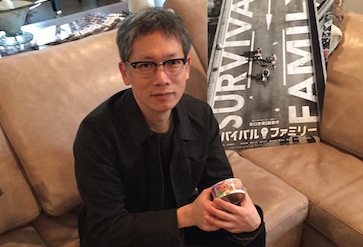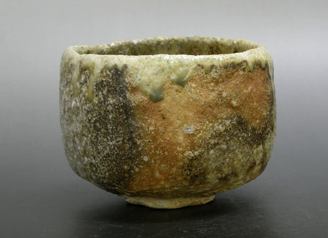 For centuries, it has been said that Zen and Tea have the same flavor. Of course, this is not referring to the physical taste of the drink but to the spiritual nature of Chanoyu. Zen Buddhist words, ideas, and outlooks have been a part of Chanoyu from the beginning. Both practices are lifelong pursuits that teach us about ourselves, the world, and the inter-dependence of all things. In the world of tea, we immerse ourselves in an ocean of details and facts about Japanese history, etiquette, arts, crafts, food, and movement. Since everything in Chanoyu seems to have a ?correct way? to be done, we often find ourselves struggling to live up to standards and traditions that have been handed down to us. However, I believe this form of practice opens our minds to the world around us. Little by little, we stop looking at life through our own personal filter and start seeing both the uniqueness and the commonality of each and every thing. This is the same as with Zen training.
For centuries, it has been said that Zen and Tea have the same flavor. Of course, this is not referring to the physical taste of the drink but to the spiritual nature of Chanoyu. Zen Buddhist words, ideas, and outlooks have been a part of Chanoyu from the beginning. Both practices are lifelong pursuits that teach us about ourselves, the world, and the inter-dependence of all things. In the world of tea, we immerse ourselves in an ocean of details and facts about Japanese history, etiquette, arts, crafts, food, and movement. Since everything in Chanoyu seems to have a ?correct way? to be done, we often find ourselves struggling to live up to standards and traditions that have been handed down to us. However, I believe this form of practice opens our minds to the world around us. Little by little, we stop looking at life through our own personal filter and start seeing both the uniqueness and the commonality of each and every thing. This is the same as with Zen training.
The forms, or kata, of study can be difficult to grasp, so it is natural to develop a sense of accomplishment when we start to ?get it.? However, one should not think that mimicking the form is enough. This is true with all of the arts and traditions. The form is a method of communication designed to help us find the way. It is like a finger pointing to the moon. Without someone pointing it out to us, we might never notice the moon. However, if we only focus on the finger, we might miss the beauty that it is pointing us towards.
I love the forms of Chanoyu (its rules, its traditions, its history) but it is important to keep in mind that the way is a vehicle. We still have to let it take us somewhere, just as with Zen.
? Omar Francis












